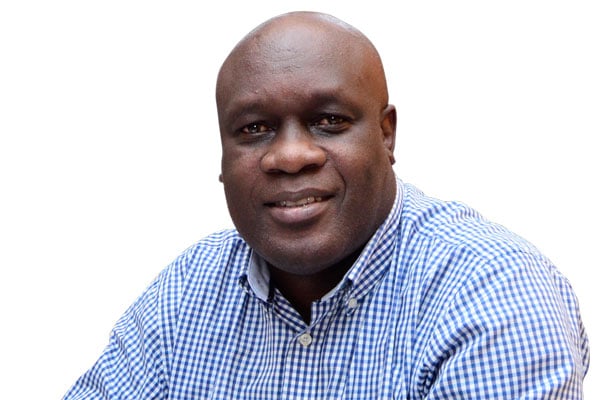Prime
Top city radio shuts down after over 20 years on air

The radio station that wielded -for over two decades- with a bunch of jaunty presenters that fluently flowed in the language of Uganda’s colonial master is exiting the country's broadcast space.
What you need to know:
- Covid-19 and a struggling global inflation-threatened national economy have severely deprived several Ugandan media houses of billions of crucial advertising revenue.
A top city radio station has discontinued its broadcasts after more than 20 years of rocking Kampala airwaves, detailing Uganda’s difficult environment for traditional media.
Hot100, a radio station that several townies and semi or even urban millennials identify with said its broadcast services will no longer be available on frequency 100.9 MHz from March 11, 2022.
“While we have enjoyed doing this, we believe that the time has come for us to move on,” the radio management informed in a brief statement.
ALSO READ: Traditional media’s complacency
Regular listeners of the radio famed through massive airplay of Hip Hop as well as Rhythm and Blues (R'n'B) music suggested that most on-air live shows ended March 10 but also observed something else.
“The way presenters were on and off ever since the year started…too bad but we understand business,” Deogratius Abima wrote on Twitter.
“I noticed something was up these past two weeks but thought it was temporary,” station listener Julius Mugisha said of the station that has radioed thousands of people since the early 2000s.
At the time of halting its broadcasts, Hot100's audience engagement had significantly waned with Kampala’s media space now tightly contended for by over 40 licensed radio channels- additionally competing with new media, including dominant mainstream social media platforms like Facebook, Twitter and Instagram- enjoyed by a combined total of over 3 million Ugandans.
But the station March 12 signaled optimism to “continue serving its audiences in different ways, using newer and more efficient platforms that may increase engagement and value.”
Media observers and scholars in Uganda suggest that contemporary media audiences are trending upwards in a major shift towards giant social networking platforms.
“Now, no one wants to go back to the old ways entirely. Some good aspects of the old ways will be retained, but most of the new discoveries will be our mainstay,” Dr Emilly Comfort Maractho, the head of the department of journalism and media studies at Uganda Christian University (UCU) recently said.
RELATED STORY: The future of media: How Covid changed journalism education
Covid-19 and a struggling global inflation-threatened national economy have severely deprived several Ugandan media houses of billions of crucial advertising revenue, and not only forced a scale down in human resource but also occasioned scrimping amongst multiple Fourth Estate establishments.
“For media organizations without the express support of taxpayers, reorganization is the only way out,” Dr Maractho cautioned early 2022 on the media landscape in the East African nation.
‘Thank you’
The radio station that wielded -for over two decades- with a bunch of jaunty presenters that fluently flowed in the language of Uganda’s colonial master has fans speaking.
“Ug Hip Hop wouldn’t be where it is if not because of Hot100,” local musicians St Nelly Sade and Bana Mutibwa shared opinion.
ALSO READ: The good and bad of social media
“We grew up with you. Thanks for the memories Brian, Kella, Shovon, Malcolm, Capt DMS, DJ Gero, Big Kahuna, Mason etc. It was a great ride,” another Ugandan, Patrick Kayima said.
By early Sunday morning, Hot100 appeared to be operating as uninterrupted music of mixed genres played all through the night on its over two decades-long used 100.9 MHz frequency.




